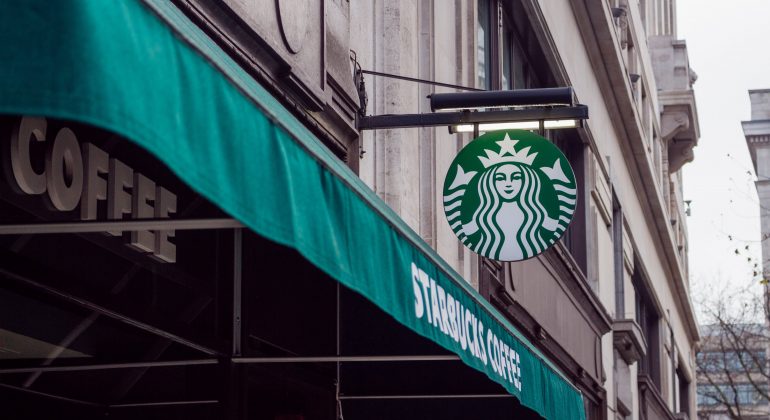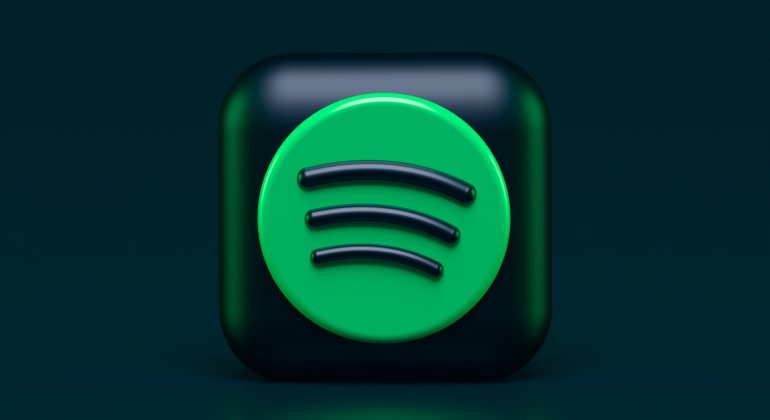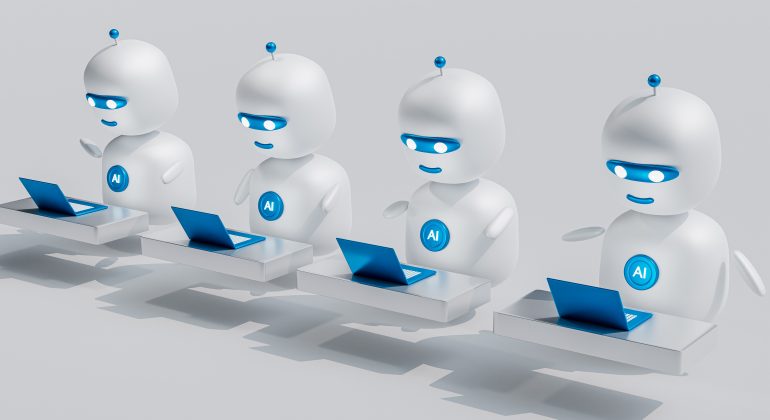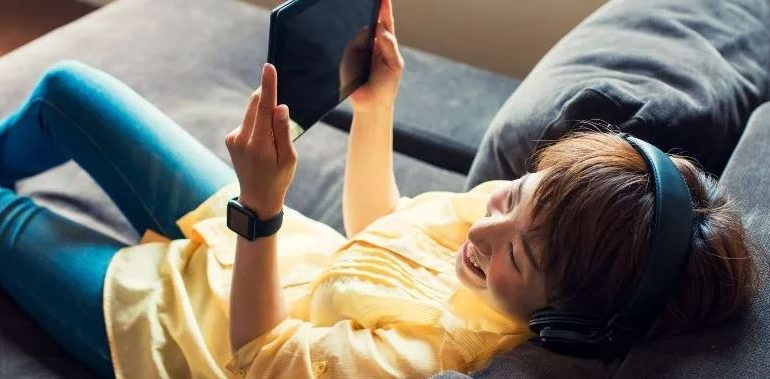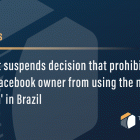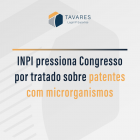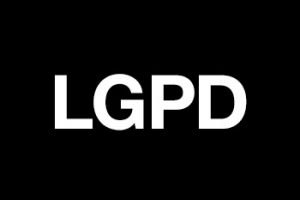Jaguar Meat has been applicated by the BPTO for recognition of Geographical Indication
“Carne de Onça” (Jaguar Meat), one of the symbols of Curitiba (one of the Brazilian cities), is expanding its borders.
The recipe is simple, but the flavor is unmatched. Cornbread with lean ground beef, white onion, and finely chopped green onion, seasoned with extra virgin olive oil, salt, and black pepper. From bar patrons to the most refined restaurants, people from all over the world want to taste the famous Carne de Onça when they come to Curitiba.
But now, in addition to being famous in the capital of Paraná, the delicacy already has international relevance, as it recently entered the ranking of the ten best raw meat dishes in the world.
Because it is famous and is part of the culture and history of Curitiba, Carne de Onça – which is already considered the Intangible Cultural Heritage of Curitiba – had a application for recognition of Geographical Indication (GI) filed with the Brazilian Patent Office (BPTO), in the Indication of Origin modality.
The search for recognition became notorious due to the location’s importance in producing this specific product, valuing its traditions, history, and culture.
More than 200 restaurants in Curitiba offer “Carne de Onça” on the menu.
History of Jaguar Meat
According to history, in the 1940s, Ronaldo Abrão – “Ligeirinho”, owner of Ligeirinho’s Bar in the center of Curitiba – was part of the Britânia football team (ten-time champion at the time), whose director, Cristiano Schmidt, was also the owner of a bar in Marechal Deodoro, called “Buraco do Tatu.” During Britânia’s heyday as a winning team, to celebrate their achievements, Schmidt prepared a peculiar mixture as a prize (football was practically amateur): raw meat on slices of cornbread, served to the players.
On a particular day, the goalkeeper of the Britânia team, known as “Duaia”, expressed his discontent: “Wow, Schmidt, you only serve this meat, which even jaguars don’t eat!” This is how the name “Carne de Onça” came about.
But some say that the name is due to bad breath (in Portuguese we have the expression “bafo de onça”, literally translated it would be jaguar’s breath) the onion left on people.
Another trend directed the creation of the snack to Leonardo Werzbitzki, “Onha”, who served the specialty in his restaurant in the 1950s. But his was more elaborate, containing egg yolks and other ingredients.
Source: CBN



